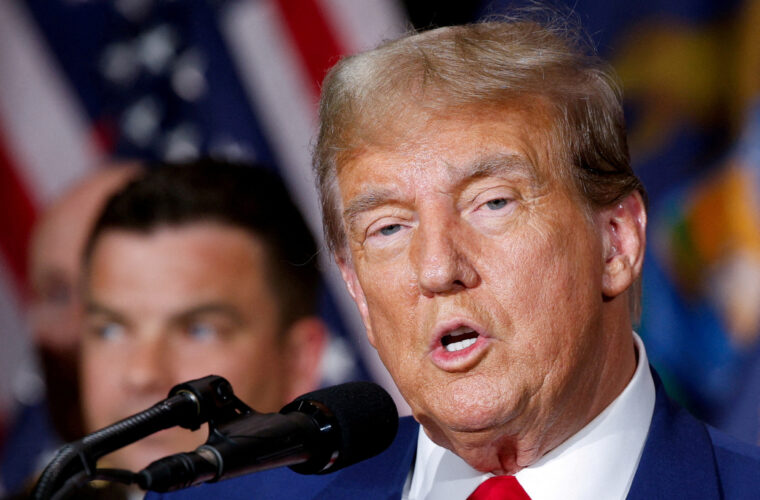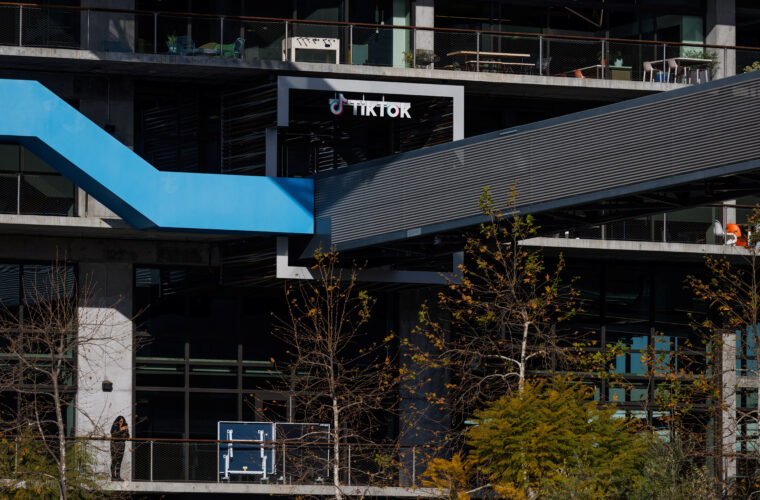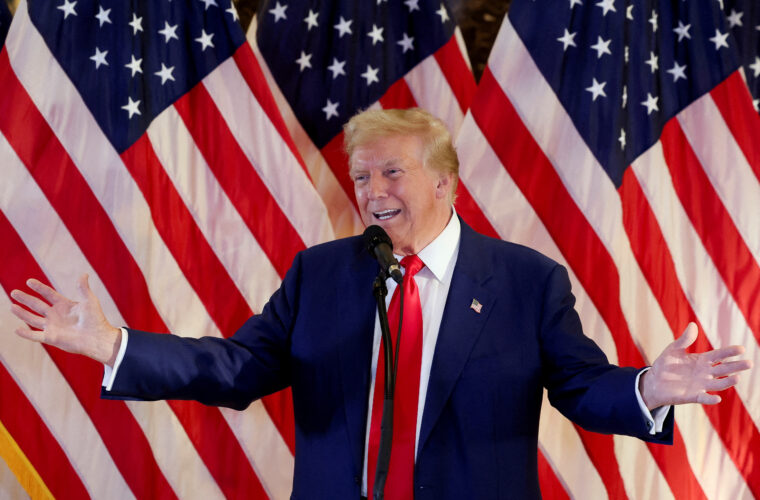By Sheila Dang and Paresh Dave
U.S. election (Reuters) – Scores of posts on Twitter and Facebook challenged Democratic successes in U.S. midterm elections without evidence on Wednesday, social media experts said, but the misinformation did not rise to the firestorm levels that followed President Joe Biden’s victory in 2020.
Researchers who study misinformation are closely monitoring online discussion following Tuesday’s voting, which will decide control of Congress. False narratives about fraud during the 2020 presidential race, promoted by then-President Donald Trump on Twitter, fueled a deadly siege of the Capitol. Trump was later banned from the social media service.
This time, far less prominent users on Twitter Inc and Meta Platform’s Facebook have been raising doubts about unsettled results in Arizona, citing voting machine problems and slow counting.
Conspiracy theories
Overall, Republicans made modest gains nationwide but Democrats performed better than expected, and control of Congress hinged on a few races that remained too close to call as of Wednesday evening.
Some posts noted that Republicans won big in Florida after the state enacted new voting restrictions and claimed that the lack of such laws in other states resulted in fraud.
“We are seeing people drumming up the idea that Democratic success was the result of widespread fraud, but they don’t have much to hang it on,” said the Southern Poverty Law Center’s Intelligence Project, which is monitoring social media.
So far, the conspiracy theories have not sparked major demonstrations or gone as viral as last time around.
“There’s a bunch of balls frozen up in the air and we’re just wondering when they are going to come down or if they have disappeared for good,” said Mike Caulfield, a research scientist at University of Washington who is part of the Election Integrity Partnership consortium.
U.S. election and misinformation
The partnership said some Republican commentators may be holding back on spreading fraud claims in states such as Arizona because the party is expected to come out partially victorious in those places and such claims could undermine their positive results.
Efforts by election officials and online misinformation experts to push back on misleading narratives on social media appeared to have worked better than in 2020, also helping curtail spread of false claims, partnership researchers said.
Actions taken by the social media services have been patchy.
Both Facebook and Twitter have systems to add context from fact-checking organizations to posts describing debunked election conspiracies. But none of this context appeared along several posts reviewed by Reuters that insinuated fraud.
Facebook also aims to restrict the spread of conspiratorial content by recommending it less, and problematic posts found by researchers had no more than a few hundred likes. But the company declined to comment on how well the feature worked this election, citing the ongoing ballot counting.
Common Cause, which monitors social media for voter suppression efforts, said on Tuesday that Twitter had taken no action on posts that the organization had flagged as inappropriate.
Twitter and U.S. election
Twitter, now owned by billionaire Elon Musk, laid off roughly half its staff last week, including many employees responsible for curating and elevating credible information on the service.
Twitter did not respond to a request for comment.
Twitter did suspend a user who on Tuesday posted a video claiming a masked man was “cheating in front of the cameras” at a polling station in Philadelphia.
Seth Bluestein, city commissioner of Philadelphia, had tweeted that the video is false.
“I personally visited the East Passyunk Community Center polling place today,” Bluestein wrote. “The interior shot is not of a Philadelphia polling location, as you can see in these photos I just took tonight. This is another example of dangerous misinformation.”



